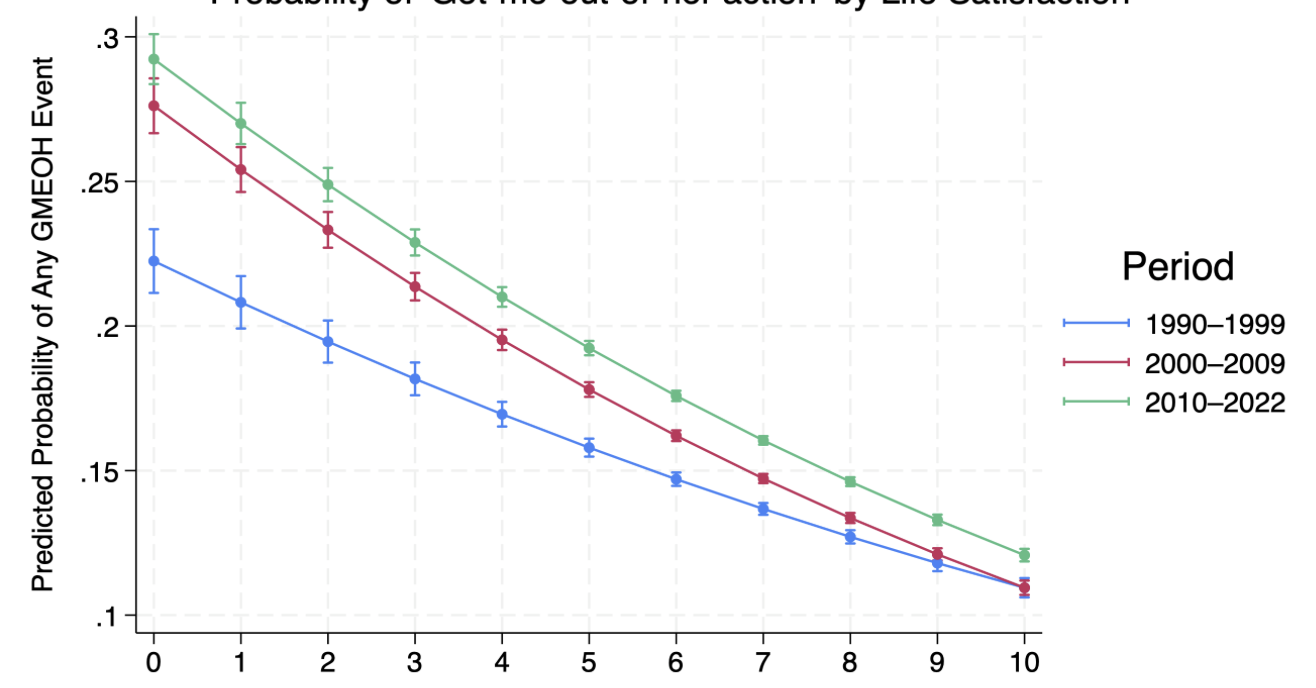“At one of our dinners, Milton (Friedman) recalled traveling to an Asian country in the 1960s and visiting a worksite where a new canal was being built. He was shocked to see that, instead of modern tractors and earth movers, the workers had shovels. He asked why there were so few machines. The government bureaucrat explained: ‘You don’t understand. This is a jobs program.’ To which Milton replied: ‘Oh, I thought you were trying to build a canal. If it’s jobs you want, then you should give these workers spoons, not shovels.’”
— Stephen Moore, Missing Milton: Who Will Speak For Free Markets
Means are often confused with ends. Being employed for its own sake is seldom our aim. We labor to reap its fruits like food, clothing, and shelter; or to satisfy other physical and spiritual desires. One of the intrinsic qualities of being human is the urge to be relieved of burdensome effort and freed to pursue more desirable objectives. This urge drives us to invent tools and machines that free us to address better problems.
If automation caused unemployment, then considering all the technological advancements over the past few centuries, nearly everyone would be unemployed by now. Clearly, this is not the case. It will never be the case if the marketplace is allowed to function freely, subject to the laws of supply and demand.
Automation raises the productivity of our time, raising the standard of living for all. I hope future people (me included) will look at the way we live life today the same way we look at how primitive hunter-gatherers lived in the past: with horror.
Ask anyone above 50 years about their youth, and they will tell you how harder things were “back in the day”. In the future, we will look at automated tasks in the same spirit of appreciation. The millions of jobs that become redundant will not evoke negative sentiments. We will instead appreciate the liberation from those repetitive and painful tasks. Of course, there will always be people who engage in fearmongering and argue for irrational policies and taxation on innovation. [1] But it is crucial to recognize that their arguments are fundamentally misguided; and will consistently be refuted.
The more we automate with programs and machines, the more we are freed to do that which is uniquely human: to think. Automation is not a substitute for humans but a complement. It should not be feared or taxed but embraced. People will never become redundant because explanatory creativity can never be automated. In principle, one could program it, but that would create another person, not an automaton. But that is a story for another newsletter.
- ^
Although, my heart says that they will eventually turn around as well. People are reasonable creatures.
Subscribe to Progress Good.



I'm broadly in favour of automation and against jobs for jobs' sake, so I agree with this post :)
However I do think that we need to invest heavily in making sure that the transition to a jobless or low-job society goes well. Currently, many people's identity and self-worth is tied up in their jobs... having a job is a prerequisite for getting a romantic partner in a lot of the world etc. I'd like to see more ideas about how to manage this transition.
Meanwhile, small quibble: I don't agree that thinking is uniquely human (what about non-human animals, and in the future, digital minds?)